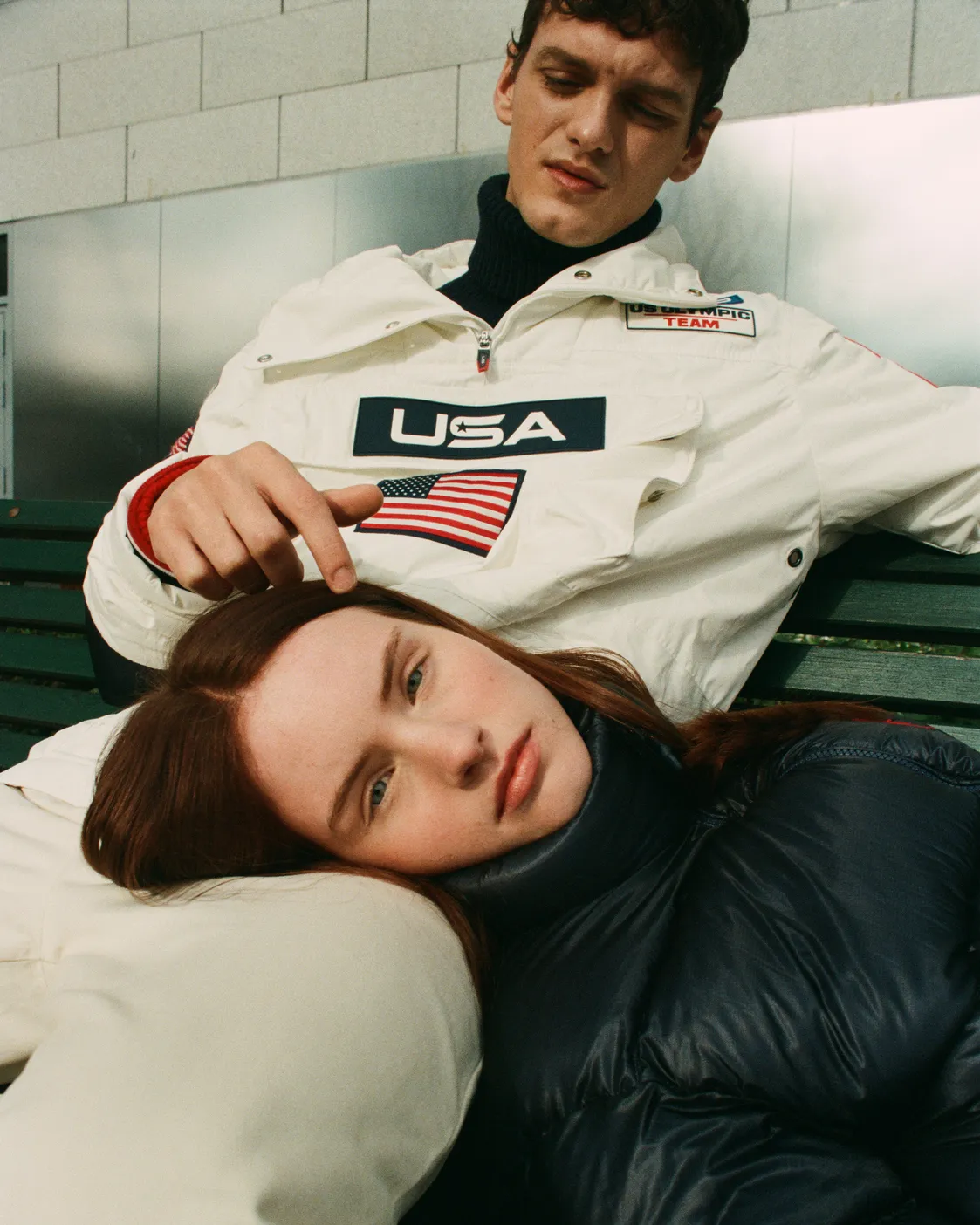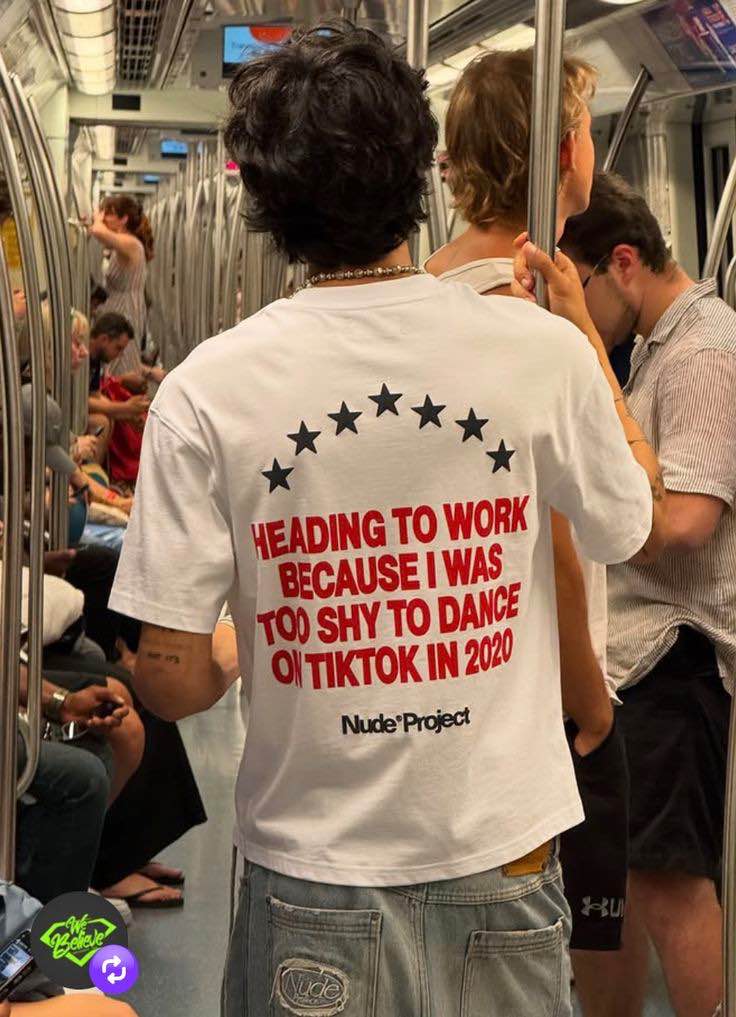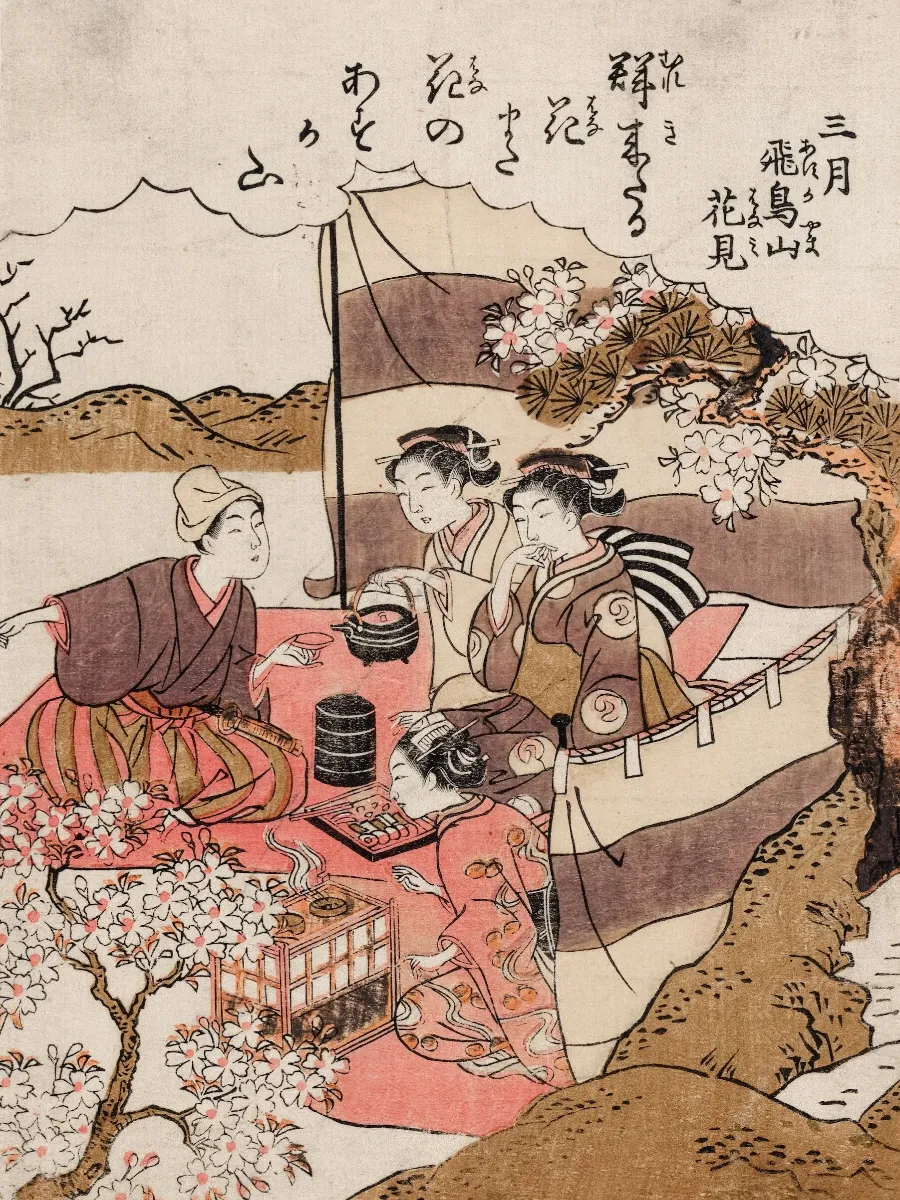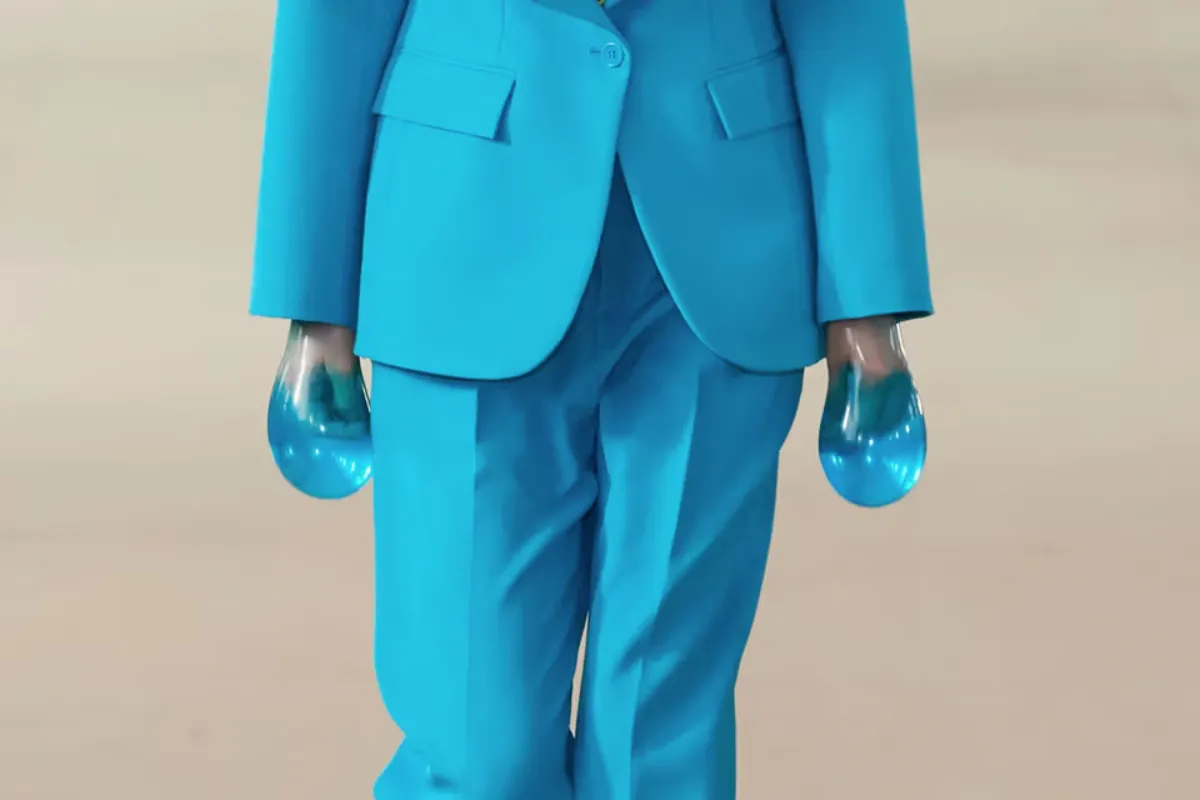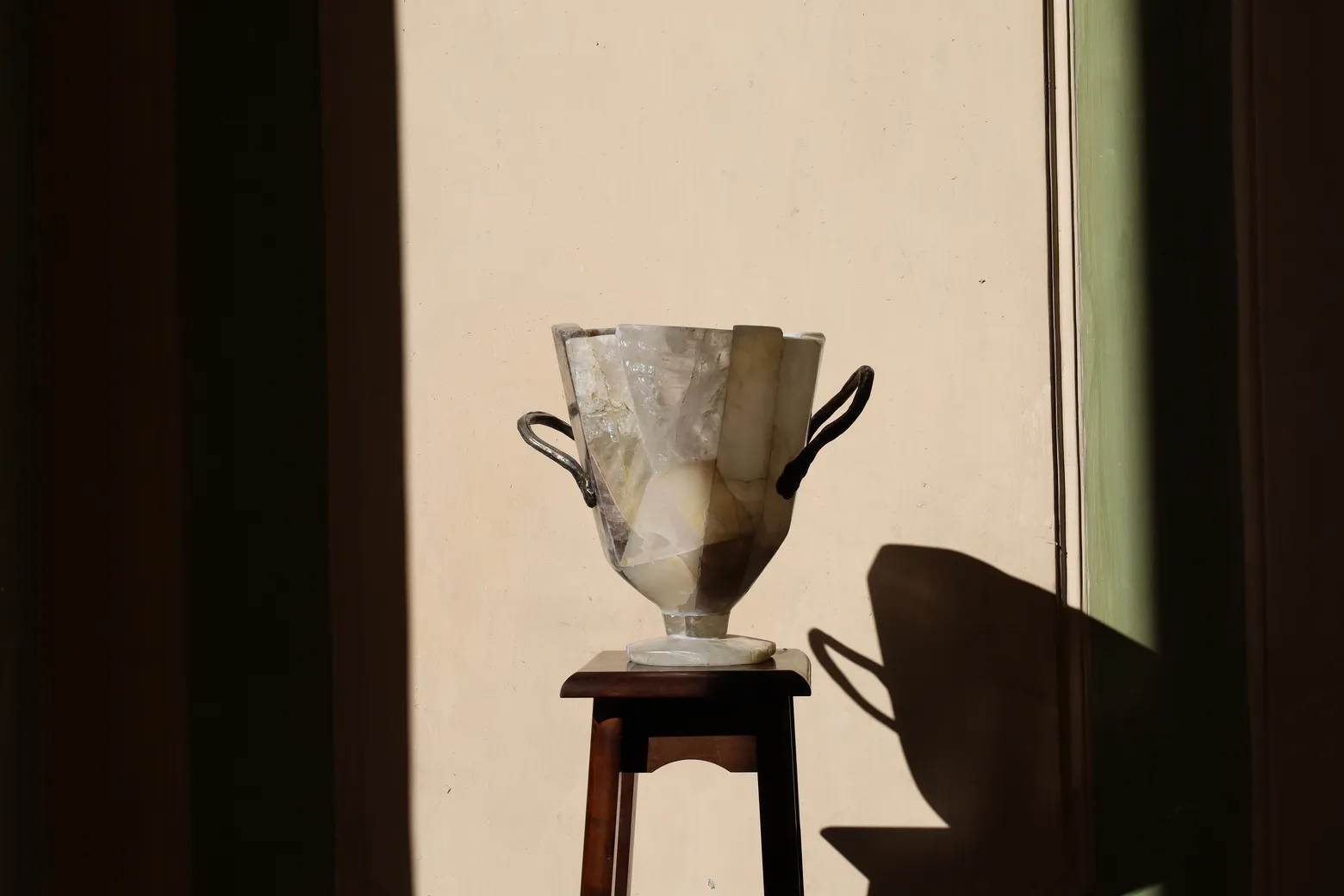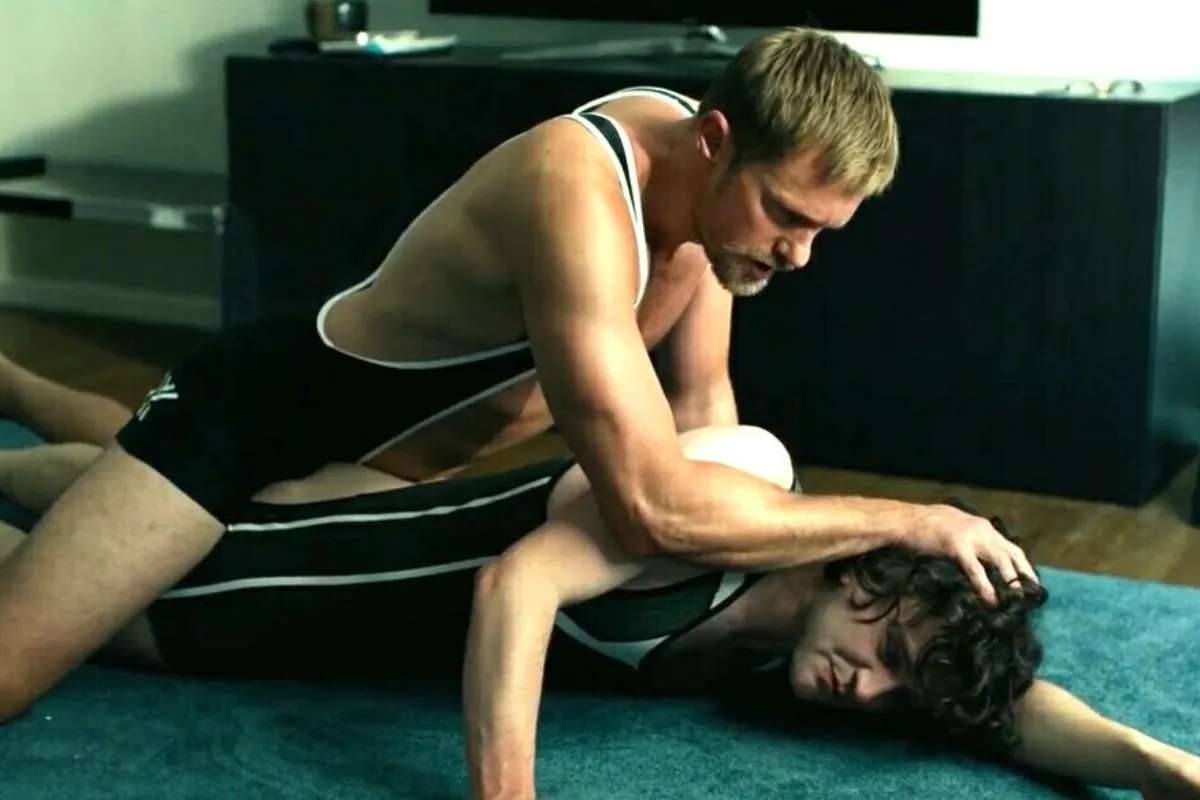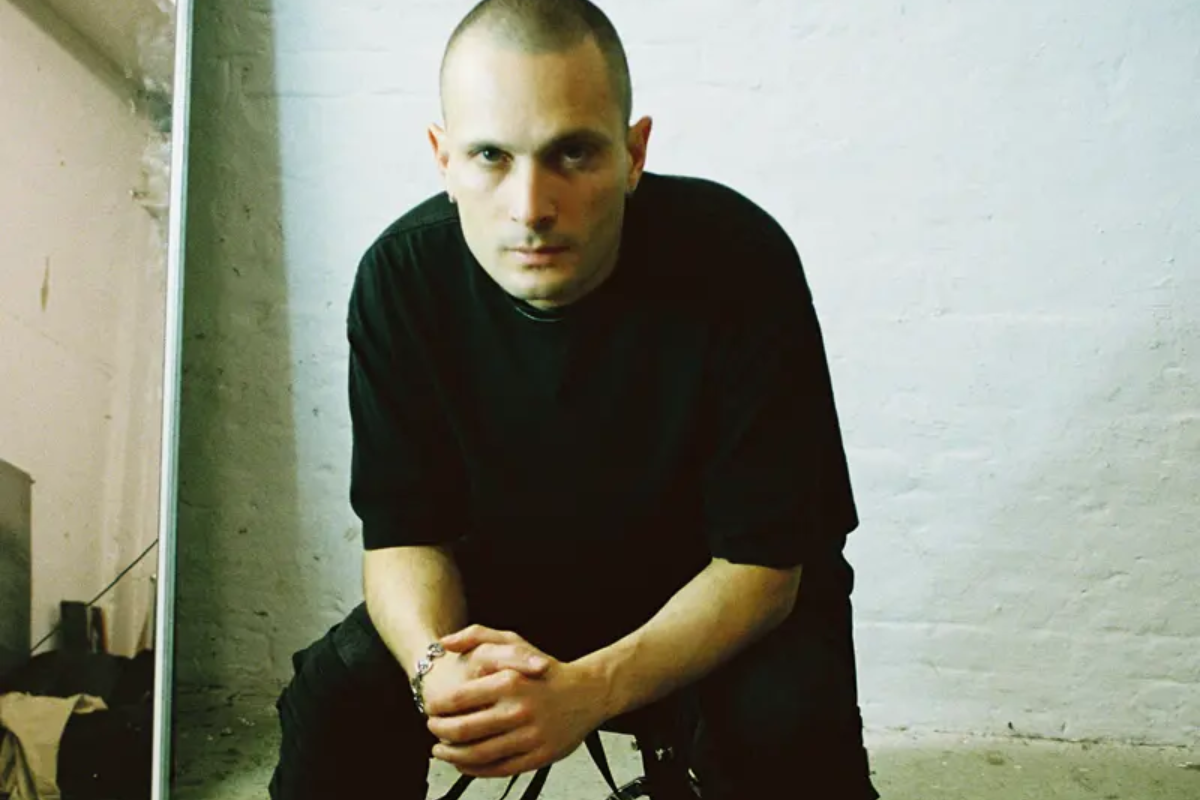
Bill Kouligas: rough sound and cultural zeitgeist
Bill Kouligas: the world doesn’t need any more records. The role of a music label is becoming irrelevant according to the Berlin-based dj. Athens, dj culture, and a view of the industry from the inside
The rough sound of Bill Kouligas. From Athens, Greece to the launch of PAN
In the 1930’s a group of theorists, called the Frankfurt School, started criticizing the idea of a mass culture. A culture that was led by corporations and consumed by the masses. Since then, nearly 100 years later, mass- and popular culture have consolidated their power and are becoming stronger by the day. With streaming services, algorithms, and tailored suggestions, culture is now being fed to us.
«I grew up in Athens. Pop culture had less influence in people’s lives than it did, maybe in Britain or America. You had access to it, but it didn’t mean much in the same way it did in the main capitals. I almost bypassed it and went straight into the underground stuff. Still, up to this day, it doesn’t have much of an effect or an appeal because I just never connected with it in the same way that so many people have done. I examine it more for sociological reasons and more to understand the world and how pop culture impacts the world, less than an actual art form». It’s been more than 15 years since Bill Kouligas founded PAN, which has then become a force in culture at large. To simply describe PAN as a record label and their work as electronic music would be diminishing. It is a bricolage of creative expressions that is primarily embodied through sound. Discovering their catalog is an esoteric journey. That at the same time is intuitive and stirs emotions — terror, excitement, thrill, happiness, even uncomprehending at times. How did PAN and Bill Kouligas position themselves as being the curators of the Zeitgeist?
Experimental exploration – Kouligas in Athens
More often referred to as its ancient history than its contemporary culture, Athens became a ground of exploration that made Kouligas become the cultural wanderer he is today. Kouligas started playing music by the age of 12, which has since influenced anything he does. Collecting magazines, fashion, and art, and seeing people on the street. Kouligas found inspiration in anything and everything, which would take him on a cultural and physical journey around the world.
«Music was my main inspiration which all things then have unfolded from. When digging through music history, I discovered a lot of other fields that I’m generally passionate about and working for these days, whether it’s art, theory, photography, or design, it was always the entry point for the things that I later on discovered and fully got exposed to when I moved to London, New York and, now, Berlin. My time in Athens was more innocent and more about looking at things from afar. I’m grateful for that time because it allowed a different pace in how I perceived all that information, I made my narrative out of it».
A bricolage of cultures and finding inspiration in your proximity and the mundane
The idea of creating a bricolage of cultures and finding inspiration in your proximity and the mundane, is something that to this day influences Kouligas. «I was using different languages from people and just trying to make your own. I’m going to a fashion show tonight, and tomorrow, I’ll wake up and read something in the news, then I’ll play some new music that I bought, and then I’ll try to make my storytelling out of it». Not having cultural influences at the proximity of your fingertips, made Kouligas traverse into other cultural expressions, beyond music. His cultural explorations would lead him onto his career path when he moved to London to study graphic design, at the University of Creative Arts.
«My desire to study graphics came from music. I started collecting records at an early age – that was the medium to discover music at the time. I was also interested in merchandise, and band t-shirts used to represent the world and became a uniform of a different expression that people wanted to be connected with. You would go out in the street and see a kid wearing a band t-shirt that you related to and you already knew that there’s a foundation of understanding and there’s a common sensibility towards the things that you appreciate in life».
PAN: combining interests and companionship
During his years in London, while studying and then practicing graphic design, Kouligas played in nightclubs and kept on producing music. To combine his interests, he started creating artwork for his releases under the alias Family Battle Snake and released music from his companions under PAN. The label was in the beginning a creative outlet, rather than a functioning business.
«Graphic design was a new adventure and obviously because, when you’re young, you tend to follow more practical things, career-wise. Music was still, especially growing up in Athens, perceived as a hobby. I never stopped making music and the reason that I started PAN was actually as an outlet to combine both my graphic and music interests into one. I was designing all the sleeves and trying to come up with a specific graphic identity in the beginning, but also combined it with all the underground experimental electronic music that I was involved with at that time. It was an outlet to express my both worlds, but obviously, it grew over time. I realized that music is my main priority and where I’d put all my time».
Fluctuating industry as music and culture: PAN, Bill Kouligas and the rough sound of djs
Since its foundation in 2008, PAN has grown to become a juggernaut within the creative world. The label has released music from Yves Tumor, Eartheater, and Marina Herlop. It’s been the stepping stone for Alejandra Ghersi Rodríguez, more commonly known as Arca. The interdisciplinary approach towards music, art and creation has led to names being in the PAN roster. The artist and Turner prize winner, Mark Leckey and the Venice Biennale of Art winner, Anne Imhof, are notable releases. At the same time, Kouligas has been collaborating with the fashion designers Kiko Kostadinov and the duo behind Ottolinger. From having residency at the infamous Berlin-establishment, Berghain, playing at the Primavera Sound festival in Barcelona, to playing and organizing exhibitions in established art institutions such as the Victoria & Albert Museum and Bourse de Commerce-Pinault Collection.
Anyone who has experienced the last 15 years, will know that the cultural landscape has shifted radically. When PAN was founded, social media was in its infancy and music was bought and not streamed, institutions have been founded and went, or have been bought. To navigate such a fluctuating industry as music and culture in the last years has not been an easy task. Kouligas and PAN have however remained steady, or should we say agile, since they’ve been not just moving along but being shapeshifters within the industry.
The popular culture isn’t what PAN is associated with
«The so-called cultural relevance is an arbitrary thing. A lot of art has dissolved because there was no one there». Even though popular culture isn’t what PAN is associated with, some artists have put their spin on it. Something which reflects the spirit of PAN as a whole. It could be seen as an antidote and a critic at large towards the rest.
«The things that have been released by PAN and have tapped into a more pop language are more critical and filtered through a response to the initial aims. Amnesia Scanner [a Finnish duo that is in PAN’s catalog] is an example, they have used a lot of pop influences in their music, but it’s not pop. There’s a very different discourse and understanding. It’s still an experimental approach to electronic music and is using some of that vocabulary to explain something else, but it’s not pop music per se».
Rough sound and Kouligas: the corporatization of culture at large
The rise and power of popular culture could be described by the corporatization of culture at large. A plethora of cultural fields – music, art, and fashion, to name a few – are being dominated by a few huge corporations that control the market and what is being produced. Their aims are not always focused on the cultural output, but rather the bottom line of annual reports. For Kouligas, the balance of cultural relevance and profitability could be seen as the recipe for success.
«On one hand, you have creative freedom and the ability to create a culturally relevant product. On the other hand, you have to make money, and it’s not easy to be honest. I could have taken a different route at different times when we had an interesting journey throughout the years. There are a lot of things that picked at some point, then went down again, and then a new thing picked through our catalog. Sometimes you say: I could just keep releasing that thing because it’s making money – but then you lose your relevance and then that product is not relevant anymore and then you lose everything that you built, and I’m not interested in that. It’s about growing organically and allowing yourself to also understand how this could work while keeping your identity».
PAN and Bill Kouligas – the role of a music label is soon to become irrelevant
«The role of a music label is soon to become irrelevant, in the same way that it has operated during all these decades and that’s because the world has changed. The music economy has changed and the music perception has changed that people discover and listen to music differently from the way they did in the past. I’m not saying that it’s gonna be dissolved, but I think, if you start something now, you would just take a different direction than what we did. We’re still able to do what we’re doing because there’s an infrastructure and there’s a following and there’s already a clear understanding of what PAN is about. We can keep moving, but it’s also our aim and our responsibility to change and adapt to the new era that the world is facing. We cannot keep fighting with a romantic flag that we’re a music label and we wanna do things like this or that – that’s not possible. If I could take a year break and reshape the whole thing, I’d do things differently».
PAN: experimental electronic music
The divide between creativity and business is vital within cultural and creative industries. The idea of not having borders and not putting things in boxes or genres, which is at the heart of PAN and its creative side, is something that Kouligas would like to adapt to their business as well.
«I would be down to experiment. A lot of the music that we released, whether it’s noise, experimental stuff, electronic club music, orchestral and, modern classical music, ambient – there was always something to alienate the form and suggest something new as a proposition. I would like to use that part of the label but in a much more operational and infrastructural way. I’d like to ask myself: what is the role of a music label in 2024? It’s hard for a label to do the corporate structure which is mostly driven by streaming services these days. The gaming industry is advancing a lot and is investing so much money that it will impact music as well. Companies such as Epic Games and Band Camp are examples of what is happening. Breaking the boundaries of what music has said so far and trying to maybe bridge music with other fields could be interesting. The tech industry is influencing a lot the way that things are performing right now. That’s not exactly my expertise, but I’m interested to see what would be brought up from a technological point of view for people to start producing, releasing and experiencing music».
Bill Kouligas: political turmoil and environmental issues
In the last years, the world has seen recession, armed conflicts, political turmoil and environmental issues becoming more apparent.
«A part of the music industry still contains physical items, people produce endless merchandise and records – I hate to say it, I grew up with records – but the world doesn’t need any more records. We should just give up on that idea. It’s become a huge responsibility to everyone involved in the creative industry to rethink how we use and how we produce things». Old ways won’t lead us forward.
«It’s a transition. What will come next will be more meaningful and much more realistic to the planet that we live on. Keep on trying for things that have openly failed, is just pointless».
Bill Kouligas, experimental dance music
Bill Kouligas works as producer, DJ and graphic designer in Berlin and New York City. Born in Athens, and brought up on post Punk, New Wave and Hardcore in London in the late 1990s, he developed an interest in Drone and Noise bands such as Sunn O))), Wolf Eyes and Black Dice. He turned to producing himself, and published tapes, limited vinyl and CD-Rs under the name Family Battle Snake.
Inspired by the idea of documenting his friend’s music, he founded the PAN label in 2008, and, as graphic designer, took over responsibility for the visual design of the LPs. Among the first of the label’s releases were, above all, artists working in the genres of Drone, Noise and Electroacoustic. Meanwhile, the label also releases aspects of experimental dance music. The back catalog also covers artists such as Helm, Valerio Tricoli, Lee Gamble, Bass Clef, SND, Heatsick aKeith Fullerton Whitman.
Oliver Dahle
[envira-gallery id=”138485″]

